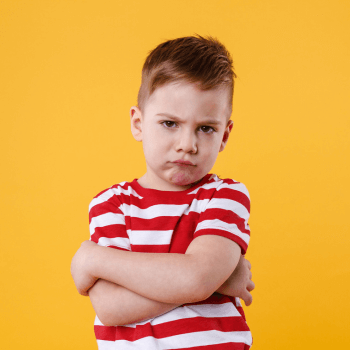Children’s sense of what is fair and unfair is often based on how the outcome affects them personally, rather than on what is actually just. Citizenship KS1 lessons are a great place to raise this.
Young children sometimes focus on immediate consequences, such as getting the same number of treats as their siblings, rather than considering the broader context of a situation.
Let’s face it, even adults’ sense of fairness can be influenced by self-interest and personal gain.
So, deliberately teaching children about fairness can encourage empathy and consideration for others, readying them to contribute to a more just and equitable society.
What they’ll learn
- To identify situations that are fair and unfair
- How to recognise and explain feelings of unfairness
- To explore positive ways of dealing with feelings of unfairness
Citizenship KS1 national curriculum
Non-statutory government guidance states:
During key stage 1 pupils learn about themselves as developing individuals and as members of their communities. They build on their own experiences and on the early learning goals for personal, social and emotional development.
They also learn the basic rules and skills for keeping themselves healthy and safe and for behaving well; and have opportunities to show they can take some responsibility for themselves and their environment. Similarly, they begin to learn about their own and other people’s feelings and become aware of the views, needs and rights of other children and older people.
As members of a class and school community, they learn social skills. These include how to share, take turns, play, help others, resolve simple arguments and resist bullying. They begin to take an active part in the life of their school and its neighbourhood.
Aidan Severs is an educational consultant and former primary teacher and leader. He now supports schools with curriculum and pedagogy. Follow Aidan on Twitter @aidansevers and see more of his work at aidansevers.com











